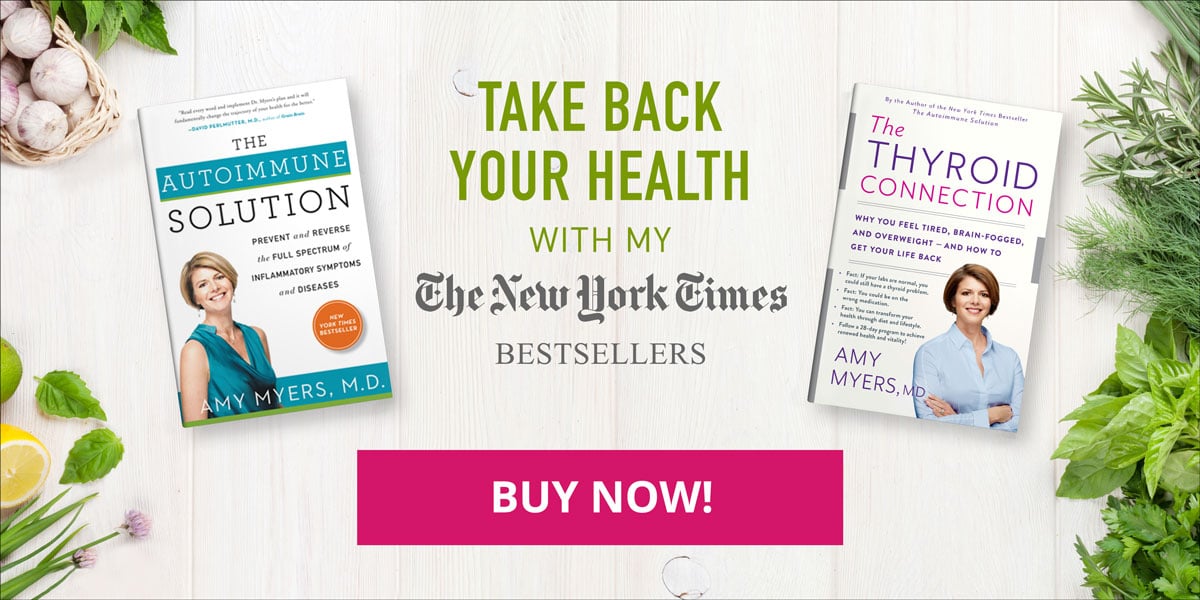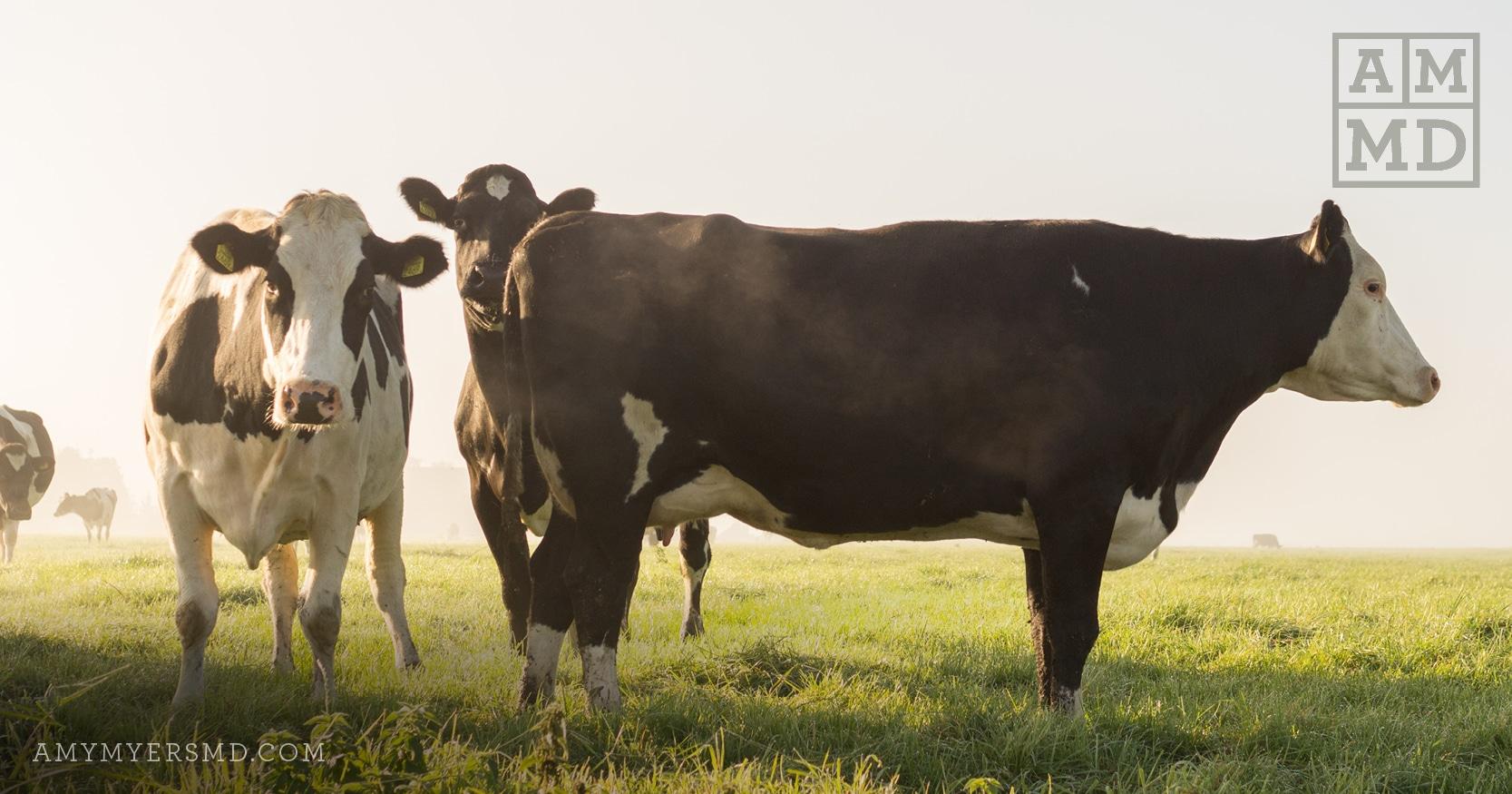Have you ever wondered what the difference is between “organic” and “natural” foods? What about “pasture-raised” and “free-range” eggs? What do all of these health claims really mean? Is there even a difference between them?
The answer is yes, but you may be surprised to find out what they actually mean. I am going to break down some of the most common health claims out on the market today and translate them for you below.
I always recommend you do your own research, arm yourself with knowledge, and ask a lot of questions of your local farmer, butcher and grocery store. You can never be too careful when it comes to what you consume.
1. Organic
The term “organic” may seem like a fairly new word, but the term originates from the idea of “organic” farming which has actually been around since the 1500’s. The concept of organic farming is a systems approach to agriculture that involves recycling and reusing resources in order to protect the environment from unnecessary pollution. When it comes to meat, poultry, eggs, and dairy, the term “organic” is used to describe animals that have been treated with:
No antibiotics
No growth hormones
No pesticides
No fertilizers from synthetic ingredients or sewage sludge
No bioengineering
No ionizing radiation
Not fed GMO feed
100% Organic
As the label implies, these products are made entirely with organic ingredients.
USDA Organic
Foods with the USDA Organic seal are certified organic and contain at least 95% organic ingredients.
Made with Organic Ingredients
If you see this health claim on a package, assume that less than 95% of the ingredients are organic.
2. Natural or All Natural
The term “natural” broadly means minimally processed and free of synthetic dyes, coloring, flavorings, and preservatives. These foods may still contain such ingredients as high fructose corn syrup and GMOs. The term is largely unregulated by the USDA for most foods except meat, poultry, and egg products. Foods containing meat, poultry, or eggs must be minimally processed and free of artificial ingredients in order to be labeled as “natural”. However, these animals may be given antibiotics, growth hormone, and fed GMO feed. So basically if you see a ‘natural’ or ‘all natural’ label on a package you should simply ignore it, because it does not mean a thing!
3. Grass-Fed and Grass-finished Or 100% Grass-Fed
If an animal is grass-fed and grass-finished then their feed was composed entirely of grass, legumes, and green vegetation up until the animal was slaughtered. However, this label does not address the use of antibiotics, hormones, or pesticides, so when shopping for meat, you need to make sure you are getting 100% Organic grass-fed meat. It’s always best to ask the farmer or butcher if the meat is in fact grass-finished.
4. Grass-fed and grain-finished
The animal is fed grass up until the last few months of life, and then it is ‘finished’ with grains, meaning it is fed a diet of soy and corn. If it is not 100% certified organic meat then the feed is most likely GMO feed.
5. Vegetarian Fed
This is a new term I have seen popping up at the grocery store. I am not 100% sure of the point of this marketing ploy. Perhaps for you to think that these animals are raised eating organic greens? No, this simply means they are likely fed a diet of GMO corn and soy.
6. Free Range
The USDA has approved this term for animals that were raised in a sheltered facility with unlimited access to food, water, and access to the outdoors during their lifetime. It does not specify that the animal actually went outside in its lifetime, only that there was a door to the outside. Often the door is small and unnoticed by the animals. The term also does not specify the outdoor conditions, but pastures are permitted to be fenced in and covered in netting.
7. Pasture-Raised
The USDA has not developed a definition for this term yet, however, many farmers use it to distinguish themselves from “free range” farms. In this scenario, animals are free to roam around outdoors with unlimited access to food, fresh water, and indoor shelter in case of inclement weather. This differs from “free-range” in that pasture-raised animals spend more time outdoors than they do indoors. This is the most ideal label to look for when choosing chicken and eggs. Often these animals are not given growth hormone or antibiotics, but you need to ask to be 100% sure. You do need to ask the farmer if they supplement their animals with feed and if so, is it organic or GMO.
Next time you’re at the store or farmer’s market, look for 100% grass-fed organic meats and 100% pasture-raised organic eggs and chickens. And don’t be afraid to ask questions and be your own detective. It’s your money and your health!
Reverse Chronic Illnesses So You Can Take Back Your Health!
Are you ready to beat your symptoms, regain your energy, and feel like yourself again? Whether you have Hashimoto’s, Graves’, or any of the hundreds of other autoimmune diseases, I want you to know you CAN reverse your condition!
Tens of thousands of people around the world have already taken back their health using my New York Times Bestsellers, The Autoimmune Solution and The Thyroid Connection. Are you ready to join them?
In each book you’ll learn how to address the true underlying causes of your symptoms using simple yet proven dietary and lifestyle changes. Best of all, you’ll get step-by-step, four-week plans to put all of the principles into practice and truly make optimal health a way of life!

